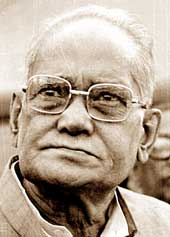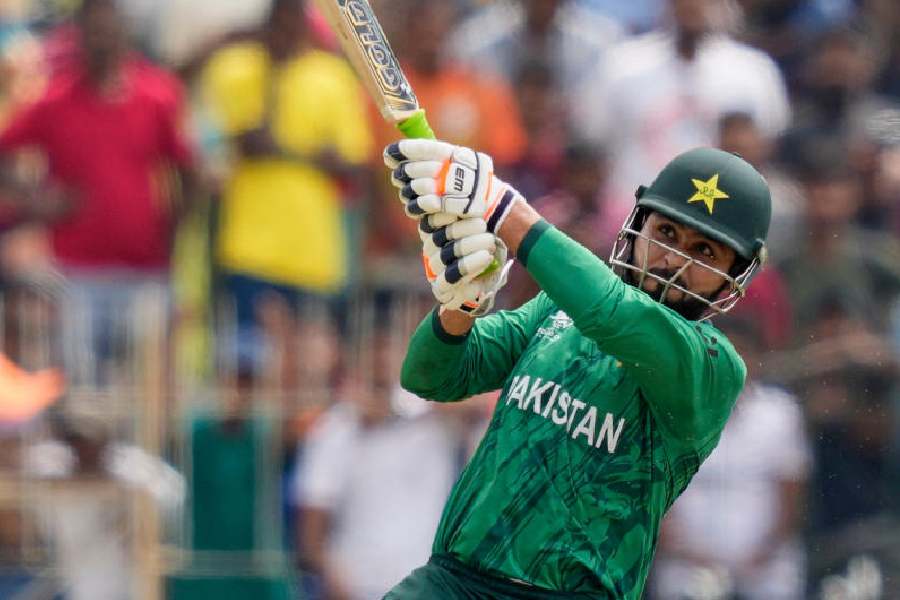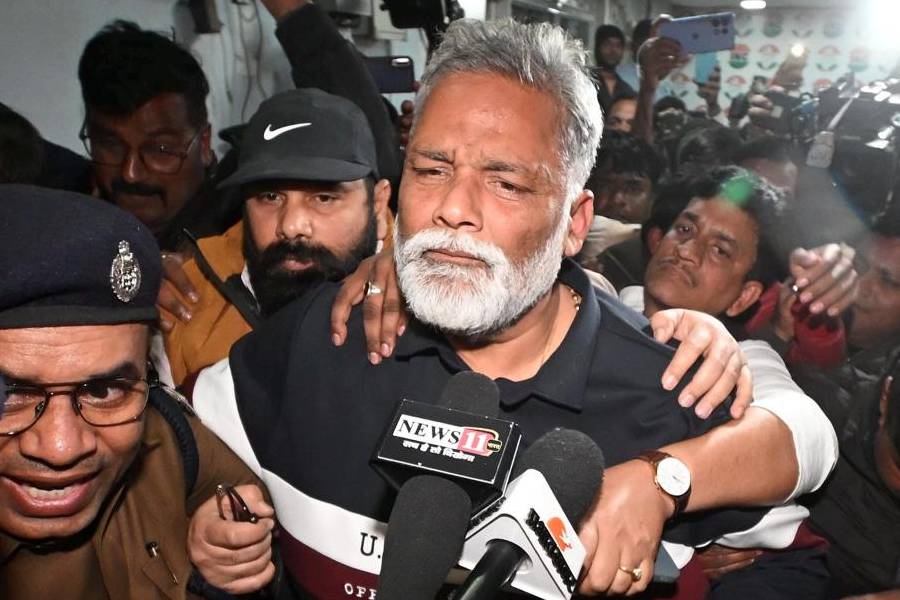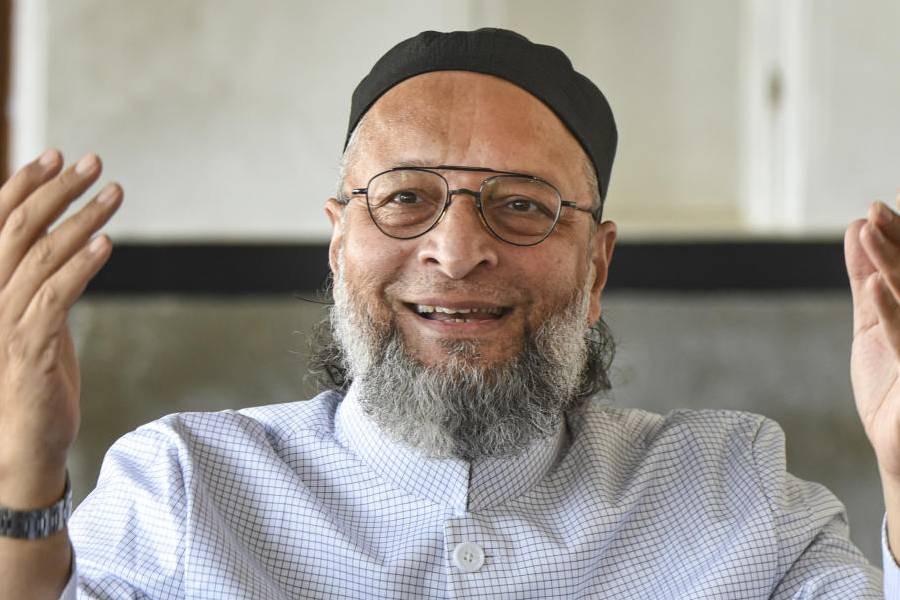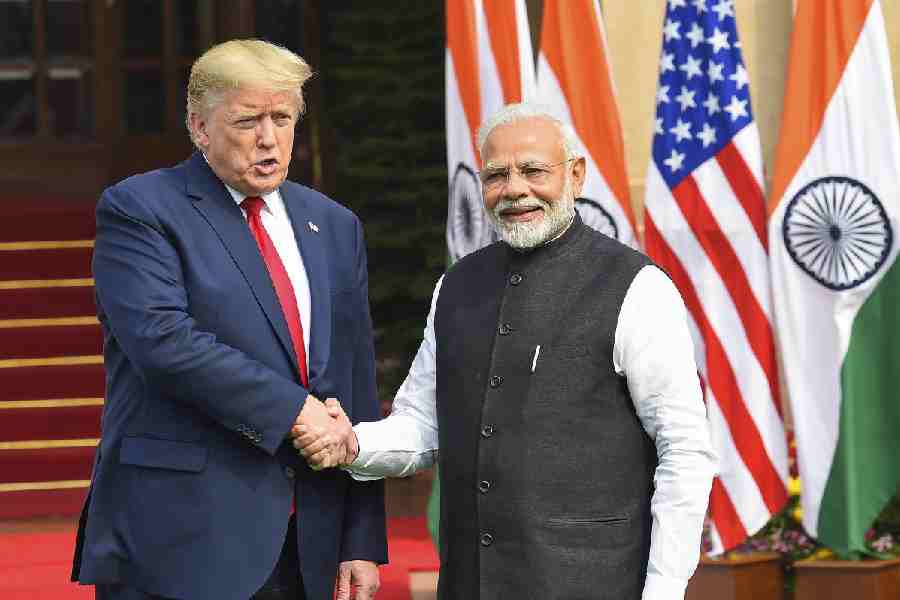|
|
J.P. in Jail: An Uncensored Account By M.G. Devasahayam, Roli, Rs 495
Emergency, declared in 1975 by the then prime minister, Indira Gandhi, still remains the darkest blot in the history of Indian democracy. It is a great pity that it was none other than Indira Gandhi, the daughter of Jawaharlal Nehru — who was himself a life-long advocate of democracy and liberalism — who dealt such a brutal blow to one of the largest democracies of the world. On the part of the government of India, an official apology for such a ham-handed measure was, of course, warranted. The booklet, Why Emergency, brought out by the ministry of home affairs immediately after the Emergency, offers a queer rationale for it: “A situation has arisen where these opposition parties have forgotten precepts and democratic functioning. If they are allowed to go on...instead of democracy we will have chaos and anarchy”. A subversion of democracy in the interest of democracy — that was how Emergency was expected to be perceived. A perception can hardly be more puerile and laboured.
Jayprakash Narayan, branded “Enemy No. 1” of the state, was “guilty” of launching ceaseless protest movements against the corruption of the ruling party. He was arrested under the notorious Maintenance of Internal Security Act and despatched to the ‘Emergency Jail’ of Chandigarh. M.G. Devasahayam was the district magistrate and inspector-general of prisons at that time. He looked after J.P. and developed a deep emotional bond with him during the period of his confinement. The experience of those days serves as the basis of Devasahayam’s present memoir.
From a larger perspective, however, Devasahayam’s account highlights the devious and mostly concealed mode of oppressive governance under the veneer of a calm, benevolent statecraft. The author shows that autocracy is not an external evil called upon to confront democracy at a historical juncture, but something irrecognizably nurtured within democracy itself. As if to remind us of this Foucauldian notion of power in Discipline and Punish, Devasahayam proclaims, “The Emergency is dead; long live the Emergency”, in his preface and follows it up with a reference to Prasar Bharati’s refusal to the screening of a documentary on J.P., fearing that it might unearth some unpleasant truths.
Devasahayam’s style is lucid and robust. His criticism is unsparing and his sarcasm unrelenting. His account is buttressed all the way by well-researched facts. Those who expect a punch in a memoir will find enough of it in this ‘uncensored’ saga of Emergency.

